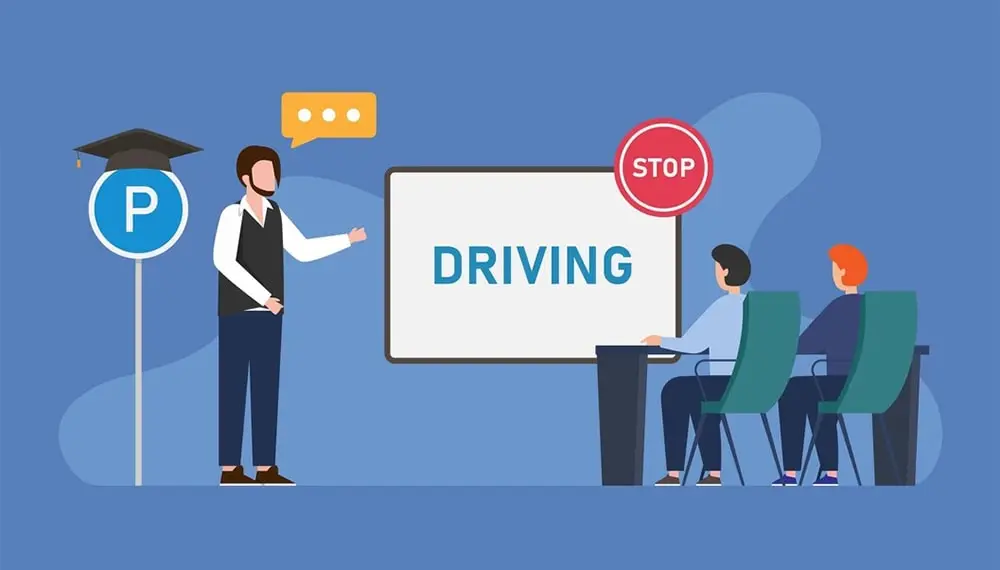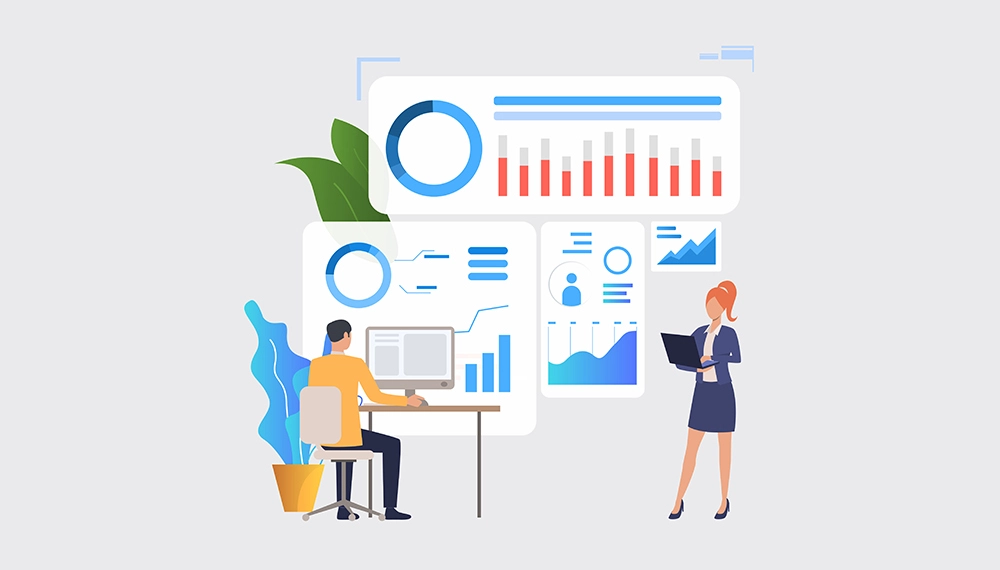Talent Development: Nurturing Innate & Acquired Skills for Success
Rohit Kumar
27 Nov, 2024

As companies across industries strive to build high-performing teams, the question arises: What qualities are most valuable in employees, and how can these be effectively harnessed to drive organizational success?
The key to your employees' full potential is recognizing and nurturing their innate abilities and acquired skills. Organizations that can successfully identify and leverage these qualities will be better equipped to create tailored development plans aligning with individual career and business goals. This holistic approach enhances job satisfaction and engagement and drives overall organizational performance.
Understanding innate abilities
Innate abilities, often natural talents, are individuals' inherent qualities from birth. These traits are deeply embedded in a person's nature and influence how they think, feel, and behave.
Innate abilities are part of who we are—they shape our preferences, problem-solving approach, and interactions with others. Recognizing and understanding these innate abilities is crucial for both individuals and organizations in the workplace.
For example, some people are naturally inclined toward leadership, showing an ability to inspire and guide others without formal training. Others might have an innate knack for creative thinking, devising innovative solutions to complex problems.
For employees, it means gaining insight into their natural strengths and finding ways to leverage them in their roles. For employers, it involves identifying these abilities during the hiring process and creating environments where these talents can thrive.
Psychometric assessments, behavioral tests, and even regular feedback sessions can provide valuable insights into an individual's natural strengths. By aligning these abilities with job roles and development opportunities, companies can ensure that employees are engaged and motivated and contribute meaningfully to the organization's success.
Understanding Acquired Skills in the Workplace
Acquired skills are competencies that individuals develop through education, training, and experience. They are learned and can be improved over time. These skills are the tools that employees use to perform their jobs effectively, and they often play an integral role in career advancement and job performance.
Acquired skills in the workplace can range from technical expertise, such as proficiency in software applications or machine operation, to soft skills, like communication, teamwork, and leadership.
These skills are typically highlighted on resumes, demonstrated through certifications, or observed in past job performances. For organizations, understanding and developing acquired skills within the workforce is essential for maintaining a competitive edge and driving business success.
One key advantage of acquired skills is their flexibility and adaptability. Employees can continuously build on their skill sets through ongoing learning and development opportunities, allowing them to stay relevant in an uncertain job market. For example, an employee may start with basic project management skills and, through targeted training and hands-on experience, evolve into a highly effective project leader.
Structured training programs, workshops, and mentorship opportunities effectively support employees in expanding their skill sets. Regular assessments, such as performance reviews and skill audits, can help track progress and identify areas for improvement.
Balancing Innate and Acquired Qualities for Workplace Success
Achieving success in the workplace requires a delicate balance between leveraging innate abilities and developing acquired skills. While innate abilities provide the foundation of an individual's natural strengths, acquired skills represent the learned competencies that enable them to perform their roles effectively.
The key to maximizing workplace potential lies in understanding how these two sets of qualities can complement each other to drive personal and organizational success.
Organizations must create an environment where innate abilities and acquired skills are recognized, valued, and nurtured. This begins with a comprehensive assessment of employees' strengths and acquired competencies.
Once these qualities are identified, aligning them with the right roles and responsibilities is next. For example, an employee with a natural talent for strategic thinking but needing more technical skills might be placed in a role that requires high-level decision-making while also being provided with training to enhance their technical expertise.
Similarly, a technically skilled employee with strong innate communication abilities could be groomed for leadership positions through targeted development programs.
Assessing Innate Abilities and Acquired Skills
Here are some ways in which organizations can assess innate and acquired skills:
Assessing Innate Abilities
Innate qualities are intrinsic and not immediately visible. Assessing requires a thoughtful approach. Psychometric assessments are among the most effective tools for identifying innate abilities.
These tests measure personality, cognitive ability, and behavioral tendencies, providing insights into how individuals naturally think, feel, and act in various situations. For example, a psychometric test might reveal an employee has high emotional intelligence, making them well-suited for roles requiring strong interpersonal skills. In addition to formal assessments, observational methods such as 360-degree feedback can be valuable in assessing innate abilities.
This approach gathers input from peers, managers, and subordinates, offering a well-rounded view of an individual's strengths and areas for improvement. Regular feedback sessions and self-assessments also help individuals recognize their innate abilities and how these traits influence their work.
Assessing Acquired Skills
Acquired skills are often more straightforward to assess and are typically demonstrated through certifications, performance records, and practical demonstrations.
Performance reviews are a standard method for assessing acquired skills. These reviews evaluate how well an employee applies their skills in their current role, identifying strengths and areas for further development. For technical skills, assessments include practical tests or reviewing work samples and projects.
Certifications & qualifications also play a significant role in assessing acquired skills. Employees who have completed relevant training programs or earned industry-specific credentials bring verifiable competencies to their roles. These documented achievements make it easier for organizations to gauge an employee's proficiency in specific areas.
Additionally, continuous learning platforms and professional development programs often include assessments that track progress over time. These tools allow organizations to monitor how well employees acquire new skills and adapt to their roles' evolving demands.
The Role of Leadership in Nurturing Talent
Effective leadership is crucial for nurturing talent and fostering a thriving work environment. Leaders must identify and maximize team members' strengths, aligning roles with individual talents to enhance job satisfaction and productivity. By recognizing and valuing these strengths, leaders create an inclusive and engaging culture where employees feel motivated and committed.
Leaders are vital in providing growth opportunities through training programs, mentoring, and challenging projects. They cultivate continuous learning and ensure teams adapt to challenges and remain competitive.
Mentoring and coaching are essential tools for nurturing talent. Mentoring provides guidance and support, while coaching focuses on specific skills and improvement areas. This personalized approach empowers employees to succeed in their roles and advance their careers, ultimately benefiting both the individual and the organization.
Conclusion
In today's competitive business world, companies must cultivate their employees' natural talents and develop competencies effectively. Core Competency offers innovative and personalized solutions to help organizations achieve this. Our advanced assessment tools identify innate strengths, helping you pinpoint future leaders and creative thinkers.
Recognizing talent is only the first step. We also provide comprehensive training and development programs, including eLearning platforms, leadership workshops, and customized modules, to help employees expand their skills and adapt to new challenges.
Furthermore, our strategic consulting services help you integrate these insights into your broader talent management strategy. Our experts work with your HR teams to design and implement development plans aligned with your business objectives, ensuring measurable results like improved employee engagement and organizational performance.




